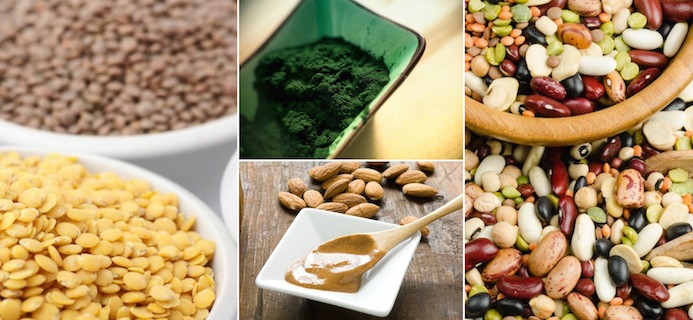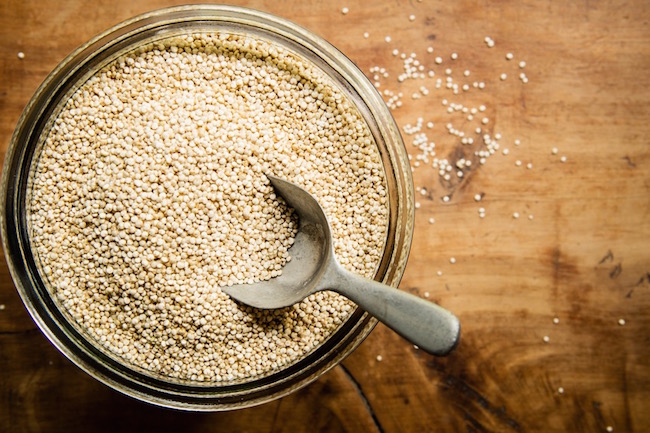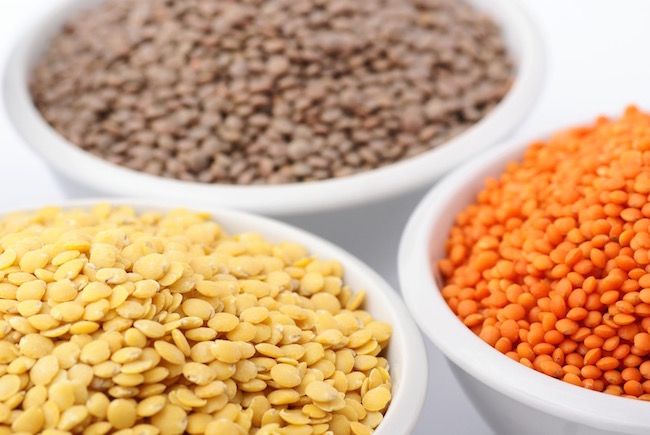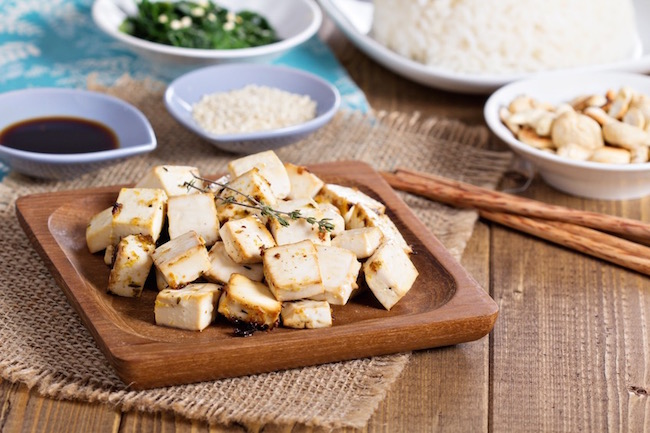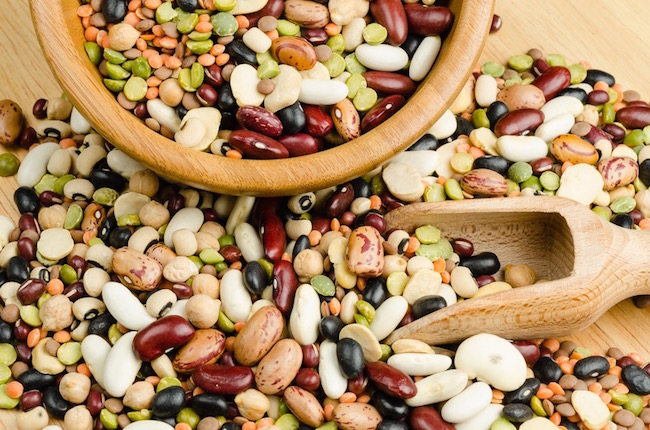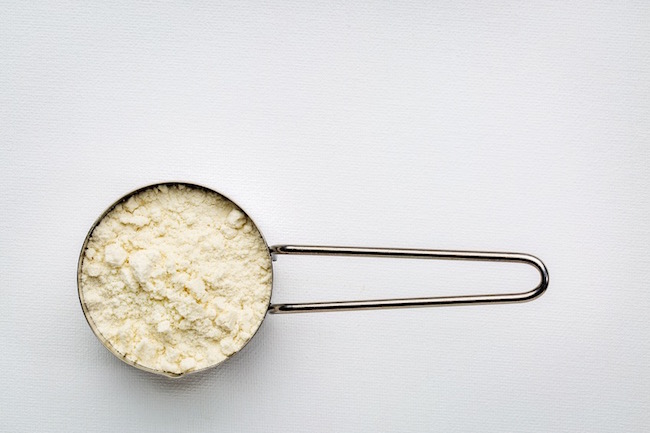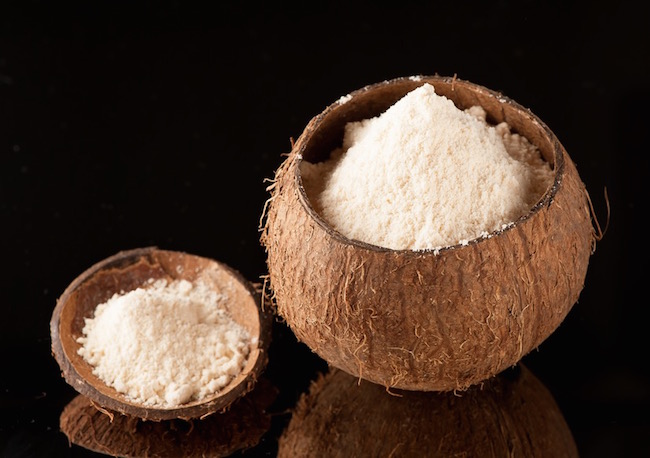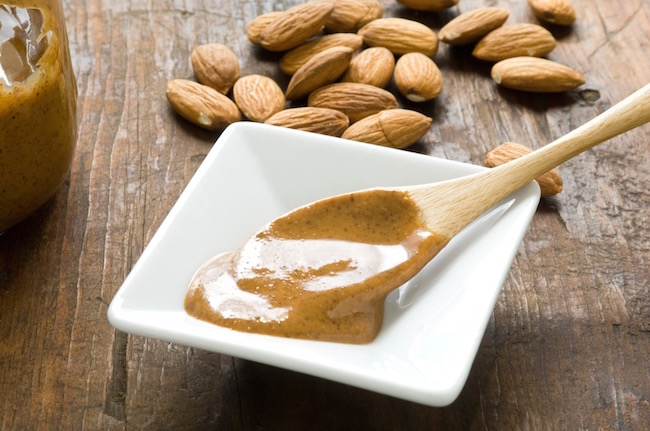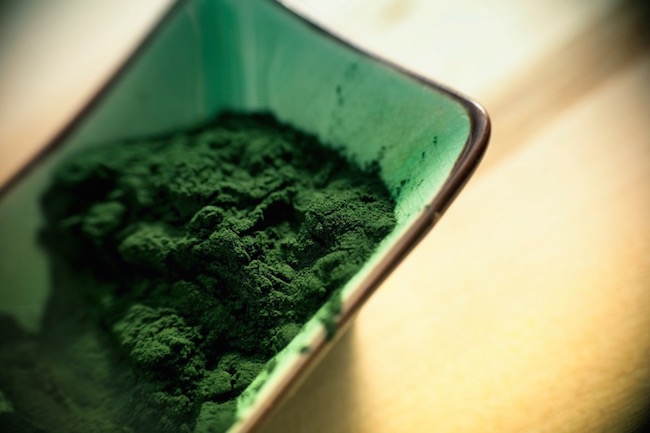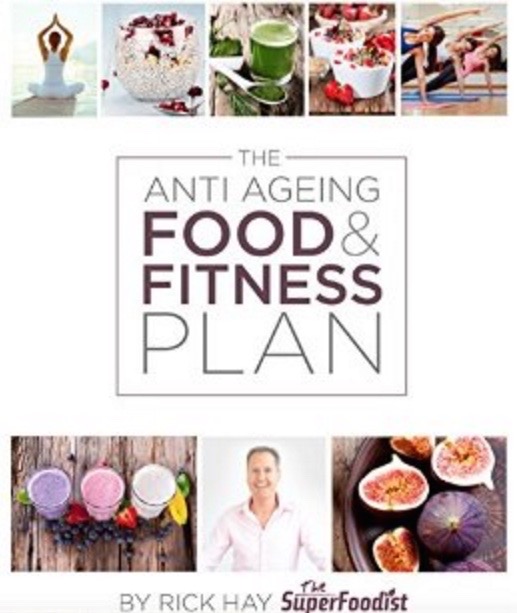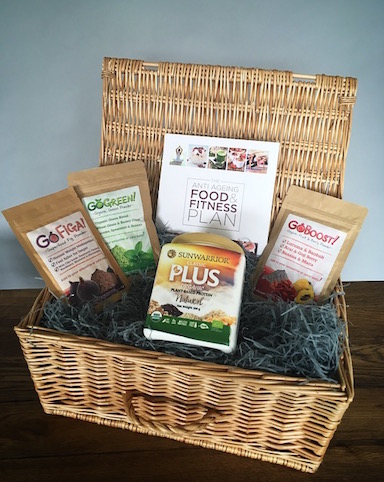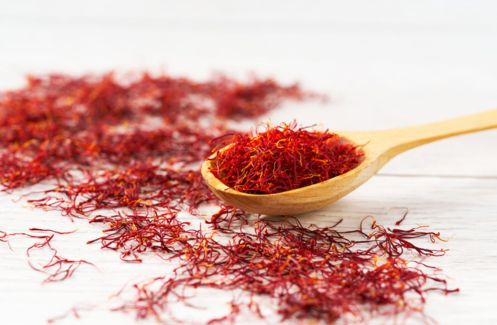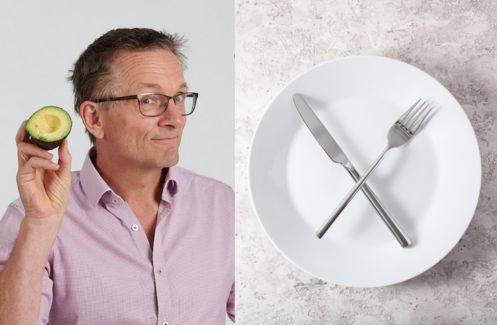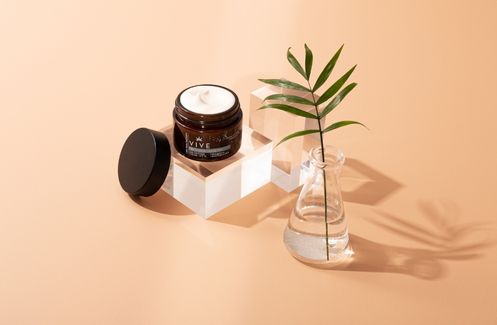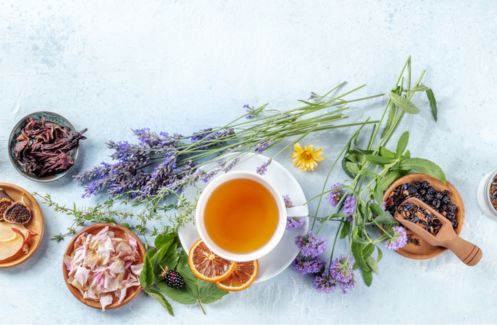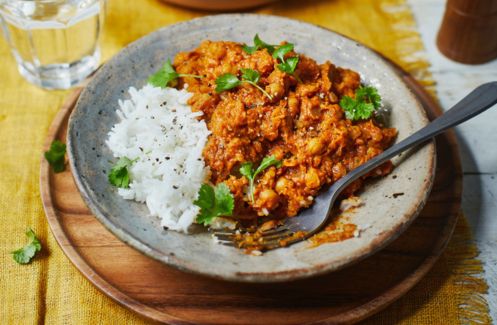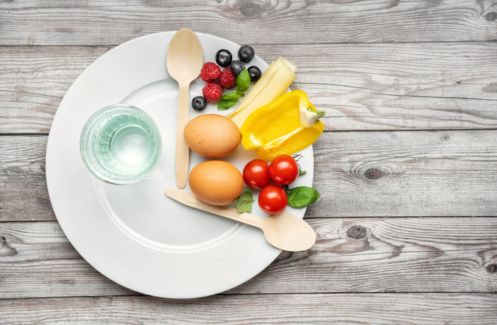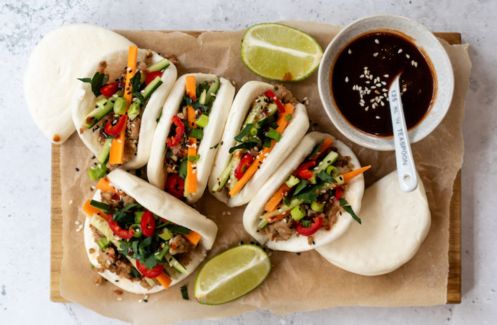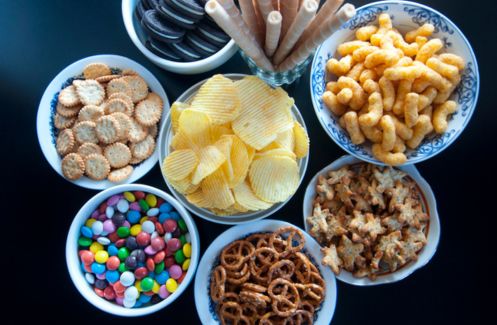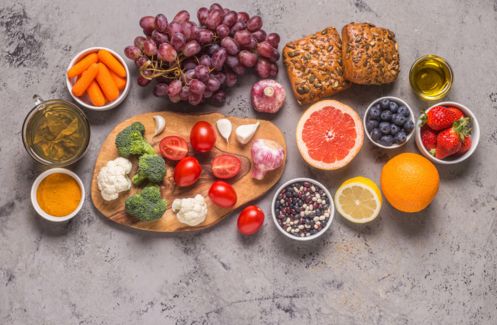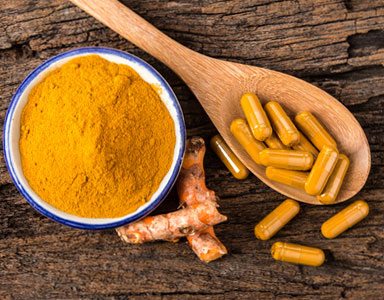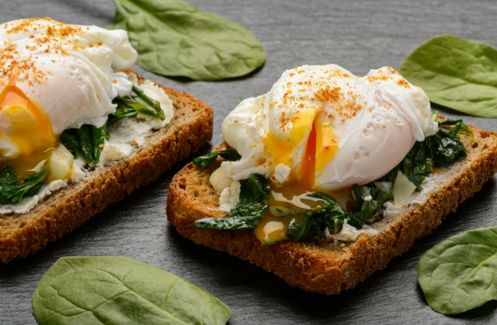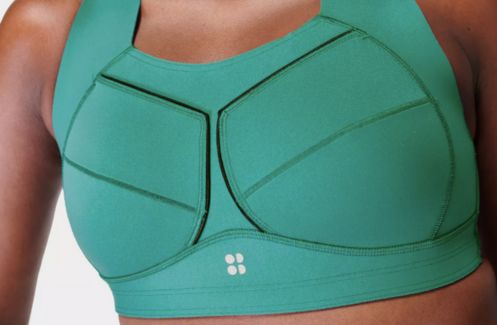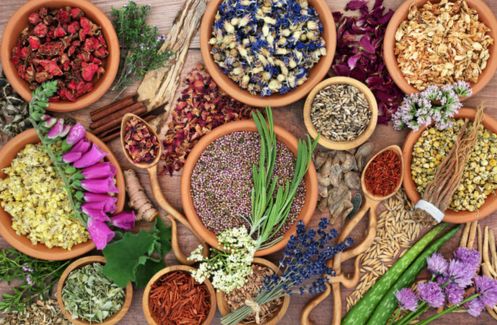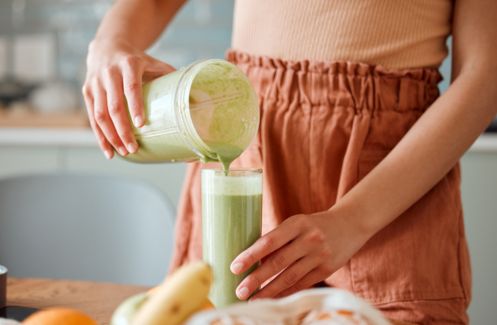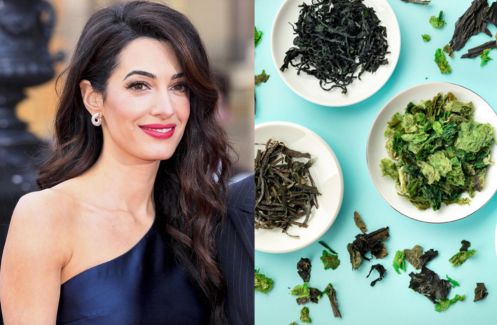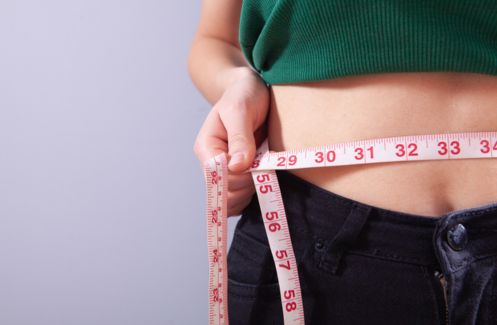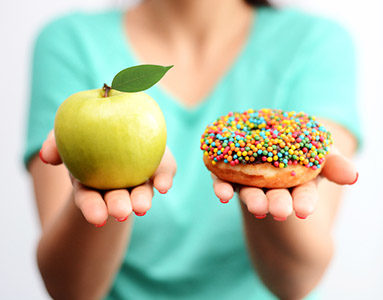Plant proteins help you live longer, new research has found. Nutrition lecturer and food expert Rick Hay shares with Healthista his nine favourite sources
Plant protein has been in the news this week as new research has emerged regarding the benefits of consuming it – with the study even proving that it’s better to get protein from plants rather than animals.
A lot of people, especially meat lovers, refuse to accept that you can get protein from plants and in the most part don’t believe that they can contain higher amounts of protein (and be healthier for you) than animal-based items.
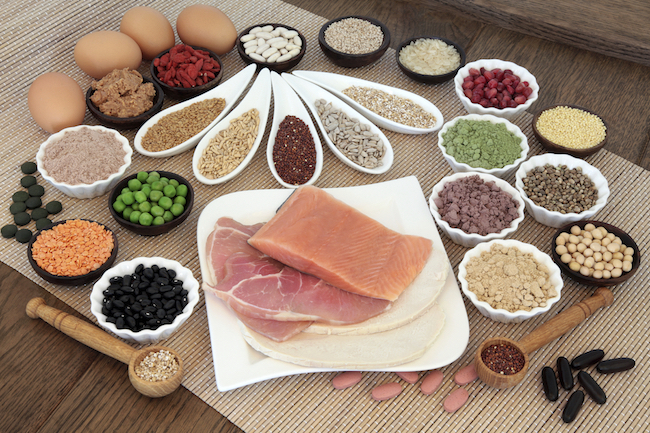
But nutritional physiologist, Rick Hay, has always believed in the power of the plants and even provides a 12 week food and fitness plan in his new book, The Anti Ageing Food & Fitness Plan, which is made up of predominantly plant-based protein filled recipes giving you a nutrient-rich diet to help you achieve optimum health.
Even those who chose a vegetarian or vegan diet don’t often know which foods can provide them with the most protein, so we spoke to Rick to find out which foods he would recommend eating to provide you with the goodness you need. Rick says:
MORE: 3 smoothies for weight loss
I have been writing and talking about the benefits of eating more plant based protein for all of my career so it comes as no surprise that a recent study by JAMA Internal Medicine looked at the diet data for 130,000 people and found that there was a reduced mortality rate in people who ate more plant-based protein.
People can boost their life expectancy by eating more plant-based protein than animal protein.
There was a higher risk in those who ate more animal proteins. With a 3% increase in calories from plant protein the risk of death was reduced by 10%. This increase also resulted in 12% lower risk of death from heart disease.
There are lots of plant based protein sources that can deliver you good quality protein with a good amino acid profile. Here are my top picks – quinoa, lentils, tempeh, tofu, beans, plant based protein powders like Sunwarrior and Nourish from Ellement, coconut flour, nut butters and spirulina.
My top picks are quinoa, lentils, tempeh, tofu, beans, plant based protein powders like Sunwarrior and Nourish from Ellement, coconut flour, nut butters and spirulina
You should aim to have about 15 to 20 g of protein in a serving and to consume between 50 and 100g per day – aim for the lower amount if you’re not exercising much and for the higher end if you are more active – think around 0.35g per pound of body weight or 0.8 – 1g per kilo of body weight.
MORE: 6 weight loss smoothies that WONT leave you hungry
Quality plant based protein has a role to play in all of your body systems, and with this recent research it is more important than ever to make the right healthy choice.
1. Quinoa
Quinoa is not only rich in protein but is high in iron and magnesium for energy and is rich in fibre to help with regularity, blood sugar regulation and even mood – it has around 10g of complete plant protein per cup and is easy to incorporate into your diet. You can use it instead of rice and it can even be an ingredient in healthy muffins or can be added to superfood bowls. It also makes a great component of a healthy veggie burger which can be served with some veggies that are quite high in protein like corn which contains 9g of protein per 100g , kale – 5g per 100g, spinach – 3g per 100g , broccoli – 3g per 100g , asparagus – 2g per 100g or peas which come in at a decent 9g per cup.
2. Lentils
Lentils are good sources of potassium, calcium, zinc, niacin, vitamin K, folate, iron and zinc. They are also a great source of dietary fibre which helps to keep you feeling fuller for longer. I have used them for years for clients with weight management goals, as not only do they help with satiety but they also help to steady blood sugar levels which can result in less cravings and better mood and lower cholesterol levels. The high levels of folate and magnesium contribute towards heart health by lowering homocysteine levels and improving blood flow.
MORE: 6 ways to lose weight – by the A-list trainer
You can add lentils to soups or salads – there are lots of pre prepared versions now that make it easy and that are tasty with added spices. One of my all time favourite lentil meals is Dahl with spinach and brown rice. Lentils are high in protein at about 18g per cup.
3. Tempeh
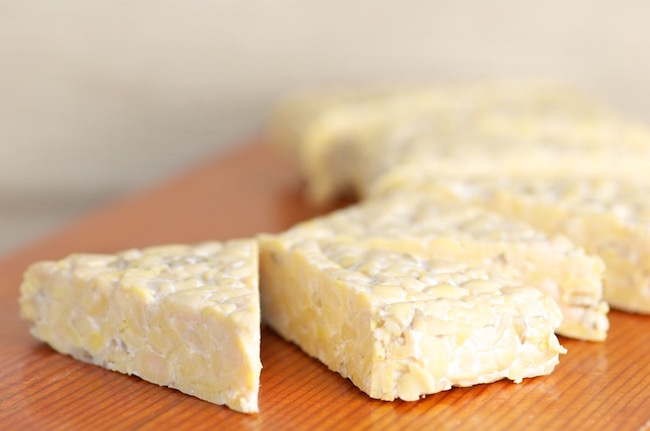
As Tempeh is fermented it is wonderful for digestive health – it contains probiotics that assist with digestive and immune function and it also may assist with inflammatory disorders. Vitamin wise it is rich in manganese, B2, 3, 5 and 6 and magnesium which assist with nervous system function and help with recovery post exercise. As fermented food helps with gut function they may also assist to enhance mood and reduce stress, as research is indicating that a healthy gut may help to reduce anxiety levels. Temphe also has good levels of calcium to help with bone health and bone density. It contains close to 20g of protein per 100g serving.
4. Tofu
Tofu is Tempeh’s soya bean’s unfermented cousin – it is naturally gluten free and is a good source of iron and calcium. It is versatile with many health benefits and is made by curdling fresh soya milk which is then pressed into a solid block and cooled. You may have tried a tofu burger but you can also do scrambled tofu and use it in salads and stir fry’s – you can even give tofu ice cream a try.
The great thing about tofu is that it takes on the taste of herb sand spices so if you prepare it with these you can have a multitude of taste sensations. A 100g serving contains around 10g of protein.
5. Beans
Beans are one of the most versatile of all of the plant based antioxidant rich protein options – think burritos, tacos, bean salad, with rice, on toast, or even on a jacket potato. I like soya (23g+ of protein per cup), navy (16g of protein per cup), black (15g per cup) and pinto (14g per cup). I consider them to be nutritional powerhouses and think of them as a superfood in their own right – they are low in fat, are good for heart health and will help to boost both energy production and immunity. The fibre content is high so like many of the other options on this list they are great to promote healthy digestive function and to help you feel full and therefore be less likely to crave.
MORE: 9 healthy fats that help you live longer
You can always just go for some mixed beans and even the old favourite baked beans on toast can give you a good protein hit.
6. Plant-based protein powders
Plant based protein powders are another great option to increase your daily quota of healthy protein. These can be added to smoothies, folded into yogurts, made in to delicious plant based protein balls or mixed in with fruit and nuts to make healthy snack bars.
These powders make the perfect meal replacement option if you are on a weight management campaign and can also be used in place of unhealthy snacks or desserts. They are great to help kick start metabolism in the morning and can be taken after exercise to help with toning and fat burning. Two of my favourite blends are from Sunwarrior ( vanilla, natural or chocolate ) or Nourish (vanilla, strawberry or chocolate) from Amanda Byram’s Ellement range.
MORE: 10 best-tasting vegan protein powders
If you want to buy single plant based protein powders go for either hemp, rice or pea options. Many like Sunwarrior have added superfoods in their Classic Plus Range too – quinoa, amaranth, pea and chia. Have one serving per day to deliver around 19g and if blended with nuts and seeds you will increase this level further.
7. Coconut Flour
Coconut Flour is a low calorie, low GI cooking ingredient that provides around 8g of protein per 1/2 cup. It is a delicious nutrient dense option that contains MCT’s – medium chain triglycerides which help with fat metabolism and energy production. It is around 60 per cent dietary fibre and has both the soluble and insoluble varieties to assist with cleansing, detox and blood sugar regulation. Unlike many grain flours it is low allergenic and is gentle on the tummy. Use it in place of regular flour to make healthier muffins, fruit and nut snack bars or protein balls.
8. Nut butters
Nut butters like almond, cashew or peanut are another fast plant based protein option – you can have a spoonful before exercise with a banana to help with energy for a workout and they also can be added to smoothies to increase protein content. They are high in essential fatty acids which help improve hair, skin and nail health and may also help with memory and cognition.
Nut butters are also a good source of immune boosting zinc and contain around 7 to 8 g of protein per 100g.
9. Spirulina
My last recommendation is probably my favourite – it is the sensational green superfood Spirulina. Just add a teaspoon into your morning juice or smoothie to get an array of B vitamins, beta carotene and iron – in fact, it has more iron than spinach and more beta carotene than carrots. It is around 65 per cent protein and is rich in fibre too – so that’s 65g of nutrient dense protein with an array of healthy co factors in each 100g serve.
I think of spirulina as nature’s multi vitamin/multi mineral. It is a great natural cleanser and detoxifier as well. You can take it in tablets or capsules – around 6 for general health but up to 18 if you want to cleanse or are exercising hard (build up to this higher level though as they will help to detox at this level and you don’t want to do this too quickly). They also come in a powdered form so can be added to smoothies and juices too – use one to two teaspoons 5 to 10g per serve. I recommend Synergy Natural.
Rick Hay is an Anti Ageing and Fitness Nutritionist with many years clinical experience in nutrition, naturopathy, botanical medicine and iridology. He specializes in obesity treatment and weight management. He writes a regular Natural Health and Fitness Blog for Healthista. Find out more at rickhay.co.uk. Follow Rick: @nutritiomalphys
The Anti Ageing Food and Fitness Plan by Rick Hay offers an easy-to-follow twelve-week healthy eating plan focusing predominantly on plant-based protein, including some high-intensity fat-burning exercises suitable for all fitness levels. Available for purchase from Amazon for £14.99.
MORE: 10 best tasting vegan protein powders
*COMPETITION* To be in with a chance of winning this great hamper worth over £82 head to our Facebook page. All you have to do is like our page on Facebook (healthista.com), like the photo of the prize, and tag a friend in the comments below the pic who you think would also enjoy this fantastic giveaway.
Like this article? Sign up to our newsletter to get more articles like this delivered straight to your inbox.



